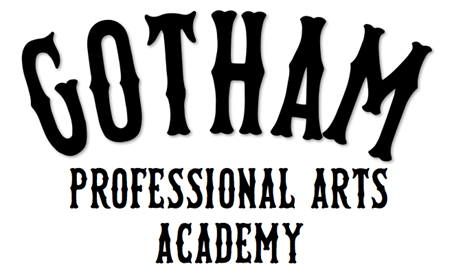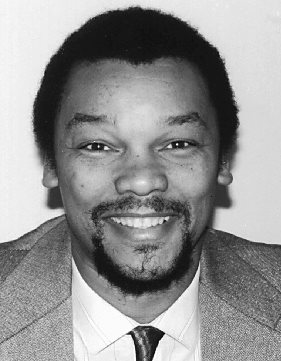The Ernest D. Brown Jr. Legacy Project
Gotham seeks to create, preserve and support community. As part of that vision, we honor the work and creativity that has come before us, interpret and understand the things that inspire us, and sharing that understanding with others. In light of this, we have developed the Ernest D. Brown Legacy Project.
Ernest D. Brown Jr.
I met Ernest Brown when I was an eight-year-old boy. At that time, he was one of very few tenure-track professors of color at Williams College, where my sister had been attending. He was a gentle and curious man who inspired a great sense of curiosity, wonder and appreciation for other cultures within the African diaspora. We met again when I became a student at that very same college ten years later. By that time, Ernest and Sandra Burton developed and refined the Kusika African Drumming and Dance Ensemble and the Zambezi Marimba Band. These ensembles studied and performed the music and cultures of Senegal, Gambia, Nigeria, Ghana, Zambia, Zimbabwe, South Africa, Mali, Cuba, Trinidad and Tobago, Unites States of America, Puerto Rico, Venezuela and many others. Professor Brown's sole mission was to show his students and peers that there was indeed real expertise and genius in these cultures. And the best thing we could do was to create opportunities to connect with these experts and geniuses, share culture and ideas, play and learn traditional art forms, and find ways to create new sounds that represent a melding of great minds from around the world.
Gotham honors Ernest D. Brown, with the support of his survived wife Susan Revotskie, as the sole archival team responsible for all of his audio/video recordings and fieldwork. This is an incredible opportunity for our students to learn real sound engineering, arts-based archival skills, and study the music and cultures of so many in the African diaspora as they transfer old media to new with the help of our faculty and other experts in the field. This is an ongoing project that will culminate in the sharing of his work with Williams College and the University of Washington, where Ernest earned his doctorate in Ethnomusicology.
-Robert Michelin


